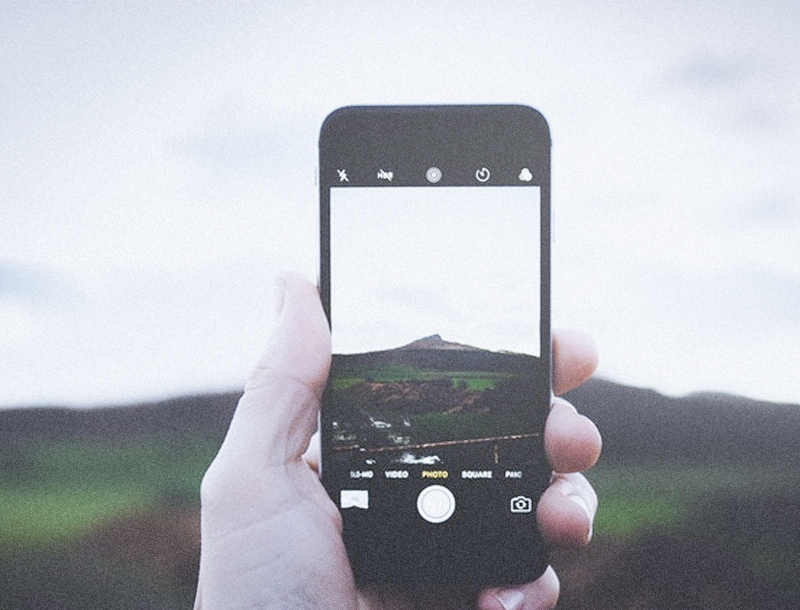The travel industry is in a state of disruption. Whether you are operating an online travel agency or a hotel/resort destination, you understand full well the challenges you face in this competitive marketplace.
You must provide amazing content and user experiences if you intend to attract and engage travelers and convince them to spend their dollars with you rather than with someone else. This means developing amazing apps that are user-friendly and that provide not just information but compelling value.
Two technologies are currently impacting the travel industry – blockchain and AR/VR. Travel-related companies that incorporate these in their websites and apps will have a competitive edge going forward.
Blockchain
While blockchain may sound complex, it really is simple. It is a list, often called a ledger, where transactions are recorded and stored permanently. They are time stamped and unchangeable.
What blockchain can offer the travel industry is security and stability. Information/transactions can never be lost and are always traceable.
Think about it. The travel niche relies on individuals and companies sending information to one another; reservations and payments must be made; luggage must be tracked, etc. Here are some specifics uses.
-
Secure and Transparent Payments
When payments for airline and hotel bookings, as well as entertainment venues and attractions, rental cars, and more, are permanently recorded and transparent to everyone involved, there can be a much greater level of trust on the part of travelers with the companies they are dealing with.
Another increasingly use for blockchain in the area of payment is that more and more companies are now accepting payment with Bitcoins and other cryptos.
-
Identification
While governments have not yet widely accepted the use of blockchain for travel documentation and identity, this technology is coming. Travel agencies and some airlines are already using blockchain to prevent identity fraud within the industry. Currently, the industry as a whole loses billions a year to fraud.
Ultimately, as governments come to adopt blockchain for identity documentation, travelers will enjoy much shorter check-in lines, when fingerprints and other facial recognition technologies will match travelers with their documents.
-
Tracking Luggage
As personal belongings of travelers are moved from place to place, especially in international travel, blockchain can provide tracking information, so that every exchange point of that luggage is recorded.
-
Customer Loyalty Programs
Travel agencies, airlines, hotels, etc. have loyalty programs that provide customers with points earned toward discounts. And a lot of these rewards providers allow exchanging of points between companies. Keeping track of their rewards and how they can use them is difficult for customers. However, if everything is recorded on a blockchain, customers have an easy and immutable method of checking on their points and where they might be used.
Virtual Reality
Last year, VR headsets were one of the hottest items for Christmas gifts. While these devices have been disrupting medical training, movie viewing, and of course gaming, for several years now, the technology is about to revolutionize the travel industry too.
Already travelers don VR headsets “place” themselves in towns, hotels, resort offerings, etc. and experience what actually being there would be like. They can walk around a destination almost anywhere in the world and thus make better decisions about where they would like to go and stay while there.
Augmented Reality
Augmented reality is a bit different “take” on changing reality. While VR can “transport” someone into a scene, AR allows a person to gather more information about destinations through apps on their mobile devices. Actual reality can be enhanced in several ways. For example, pointing at one’s smartphone at a restaurant may pull up customer reviews, or provide a video of a chef preparing his most favorite dish.
Augmented reality also allows travelers to take virtual tours of hotels and resorts, towns, museums, etc. as they make destination decisions.
Travelers who journey to countries and who have a limited-to-no understanding of the language can now use apps on the phones to automatically translate all printed materials – menus, signs, newspapers, etc.
The potential for AR and VR within the travel industry is in its infancy. As the technology continues to evolve, its uses for travelers will only improve.
Gaining a Competitive Edge
The travel industry is tough – it is one of the most competitive niches of all sectors of the economy. Gaining a competitive edge in this industry means the development of user-friendly apps that will incorporate the latest technologies and give travelers amazing and seamless experiences.
And this is just what Brainberry can do for you. Get in touch with us today, tell us what you would like your app to do and be, and we will make it happen.

